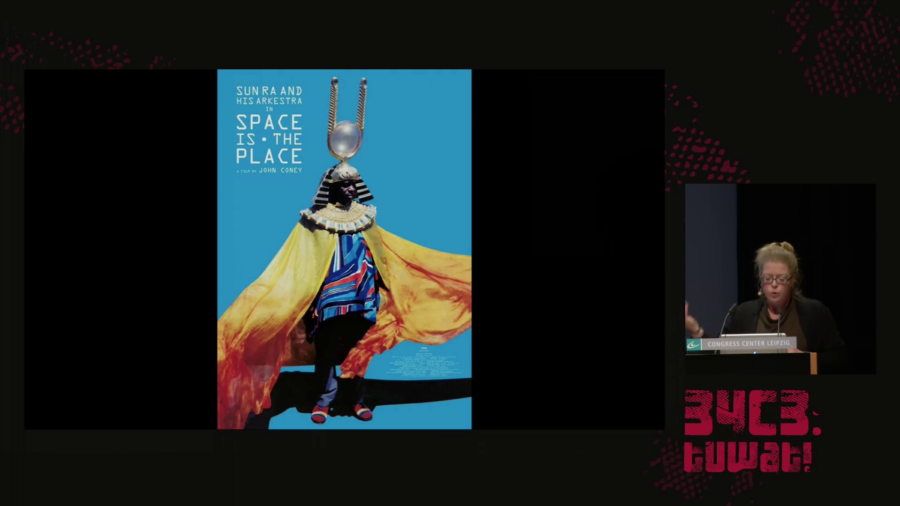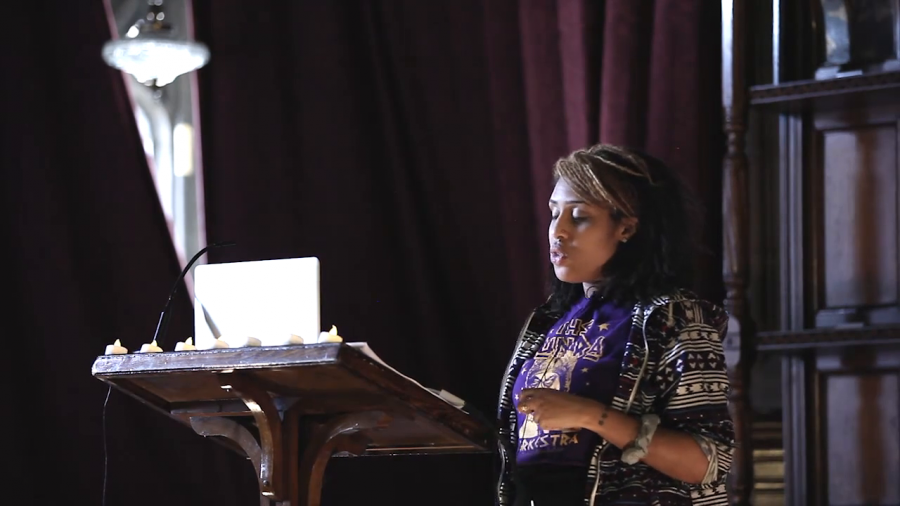The exhibition Afro-Tech and the Future of Re-Invention puts Afrofuturism in dialogue with alternative technological solutions and imaginations.
Archive
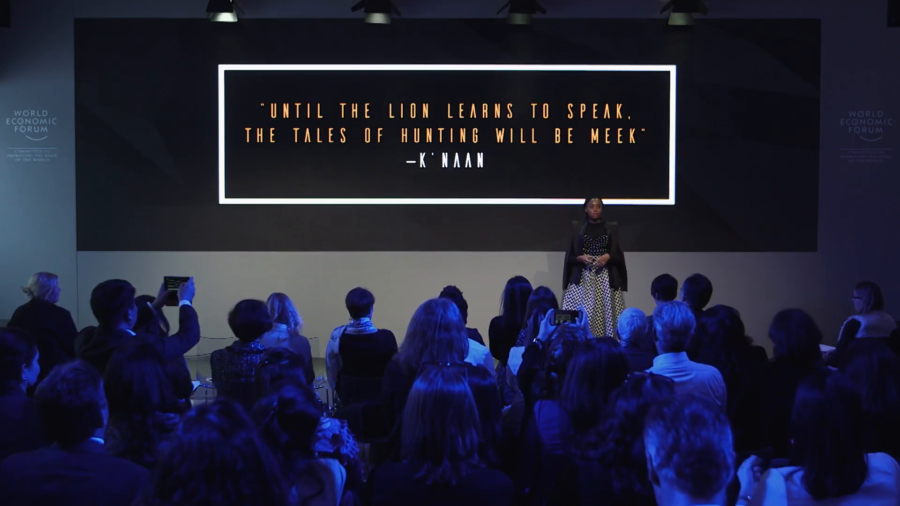
To have the hunter tell it, Africa is full of meek stories about desperation and despair. So when artists like myself offer an alternate vision, often we’re asked to defend our imagination. Why do we feel we have the luxury to create? Shouldn’t we be dealing with more important issues like corruption, or war, or AIDS, or poverty?
I want us to play together… I’ve been thinking a lot about the black future. One, because I want to have one. Personally, I would like a black future. Because I want a future. And then I was thinking about just how many folks don’t actually put black and the future together.
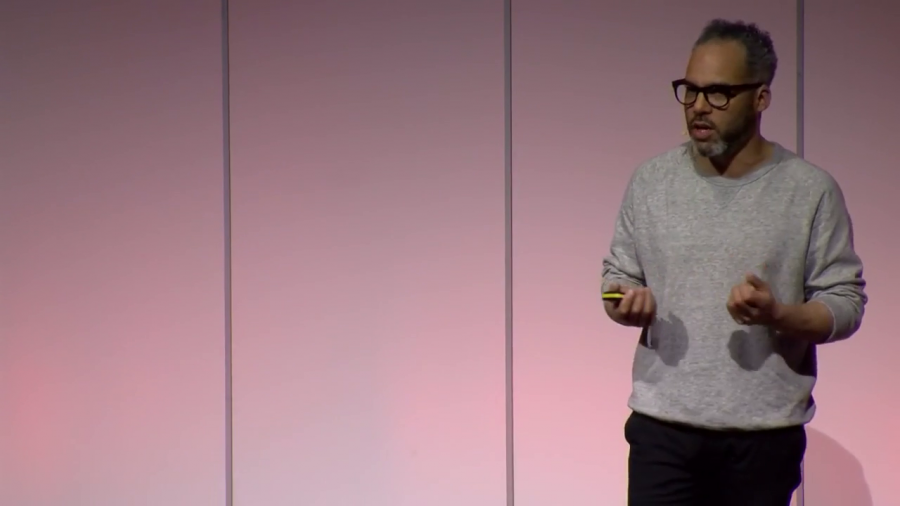
Rammellzee […] considered graffiti as viruses. And what he liked to do was to connect his production to military language. He was saying that the graffiti artists were in a kind of symbolic campaign against the standardization of the alphabet.
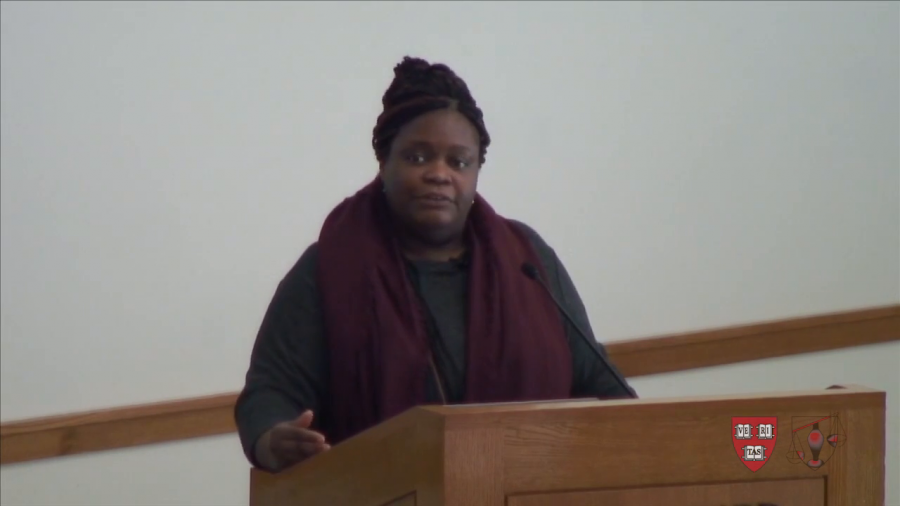
I think the part that engages students that are from underrepresented ethnic groups is missing. I think they don’t see themselves reflected, don’t see their interests or their cultures reflected, so they stay outside of it even if it’s free, or even if it’s something that is in their neighborhood.
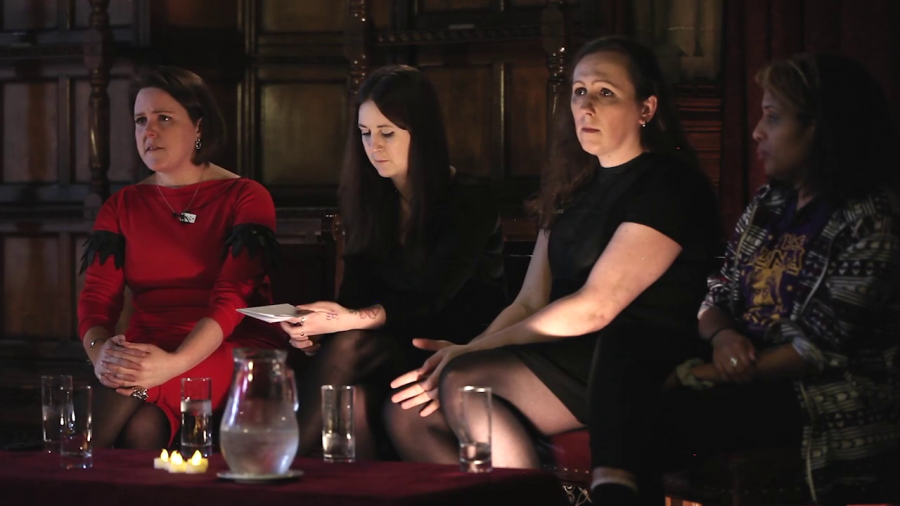
The whole point of myth is that it’s just the kind of ambient stuff of culture that you can reach out and do whatever you need to do with. Yes, it means things, sort of, it has dispositions, it has tendencies, but you could rewrite all of that.

